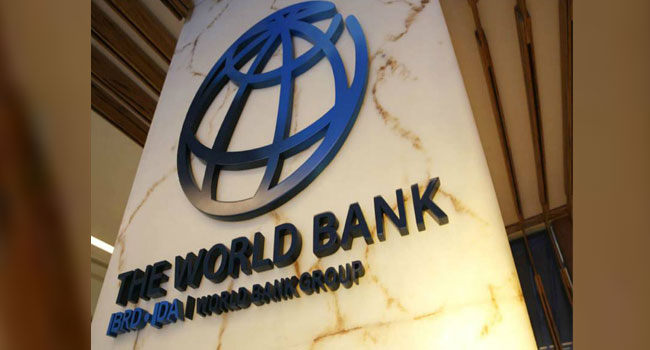Our Terms & Conditions | Our Privacy Policy
Heritage Bank closure halts $5.7m World Bank fund for Yobe
The revocation of Heritage Bank’s operating licence by the Central Bank of Nigeria has led to the freezing of about $5.7m allocated to Yobe State from the World Bank’s Multi-Sectoral Crisis Recovery Project, which targets the revival of northeastern Nigeria.
The development was revealed in a restructuring report on the project obtained by Sunday PUNCH.
It shows that the funds became inaccessible after Heritage Bank’s licence was revoked in June 2024, with Yobe State recovering only about $0.5m of the amount.
Efforts are ongoing to determine the best way to retrieve the remaining $5.2m, the World Bank team noted in the report.
“Approximately $5.7m allocated to Yobe State was inaccessible at Heritage Bank following the revocation of its licence by the CBN on June 3, 2024. The state successfully recovered over $0.5m of these funds.
The team is working with the World Bank Financial Advisory to determine the most effective strategy for reclaiming the remaining $5.2m,” the report says.
The Multi-Sectoral Crisis Recovery Project, which started in 2017 and is set to close by May 31, 2025, aims to improve access to basic services and livelihood opportunities in the crisis-affected states of Adamawa, Borno, and Yobe.
The project has fully disbursed $378.2m and achieved full utilisation of funds despite security challenges.
However, Yobe funds will likely remain trapped as the project closed officially on Saturday, May 31, 2025.
The project has impacted over 1.4 million people by improving livelihoods and providing access to social infrastructure such as roads, health centres, and schools.
Nearly 2,000 subprojects, including roads, bridges, schools, and water and sanitation facilities, have been completed, although some road projects in Adamawa and Yobe remain unfinished due to security issues.
While the project’s overall performance has been rated satisfactory by the World Bank, the shutdown of Heritage Bank has posed challenges in fund management, particularly affecting Yobe State’s access to allocated resources.
The report highlights collaboration between the project team and World Bank financial advisors to expedite the recovery of frozen funds and prevent delays in ongoing work.
Despite these challenges, the project has met several targets.
More than 1.3 million beneficiaries have improved livelihoods, with 49 per cent being women engaged in peacebuilding and social cohesion.
Infrastructure improvements have enhanced service delivery for over 2.5 million people, with rehabilitated schools and health facilities improving education and healthcare outcomes.
The report notes that technical assistance has strengthened the capacities of researchers, teachers, and community leaders, supporting sustainable recovery in the Lake Chad Basin.
[ad_1]
Images are for reference only.Images and contents gathered automatic from google or 3rd party sources.All rights on the images and contents are with their legal original owners.
[ad_2]



Comments are closed.